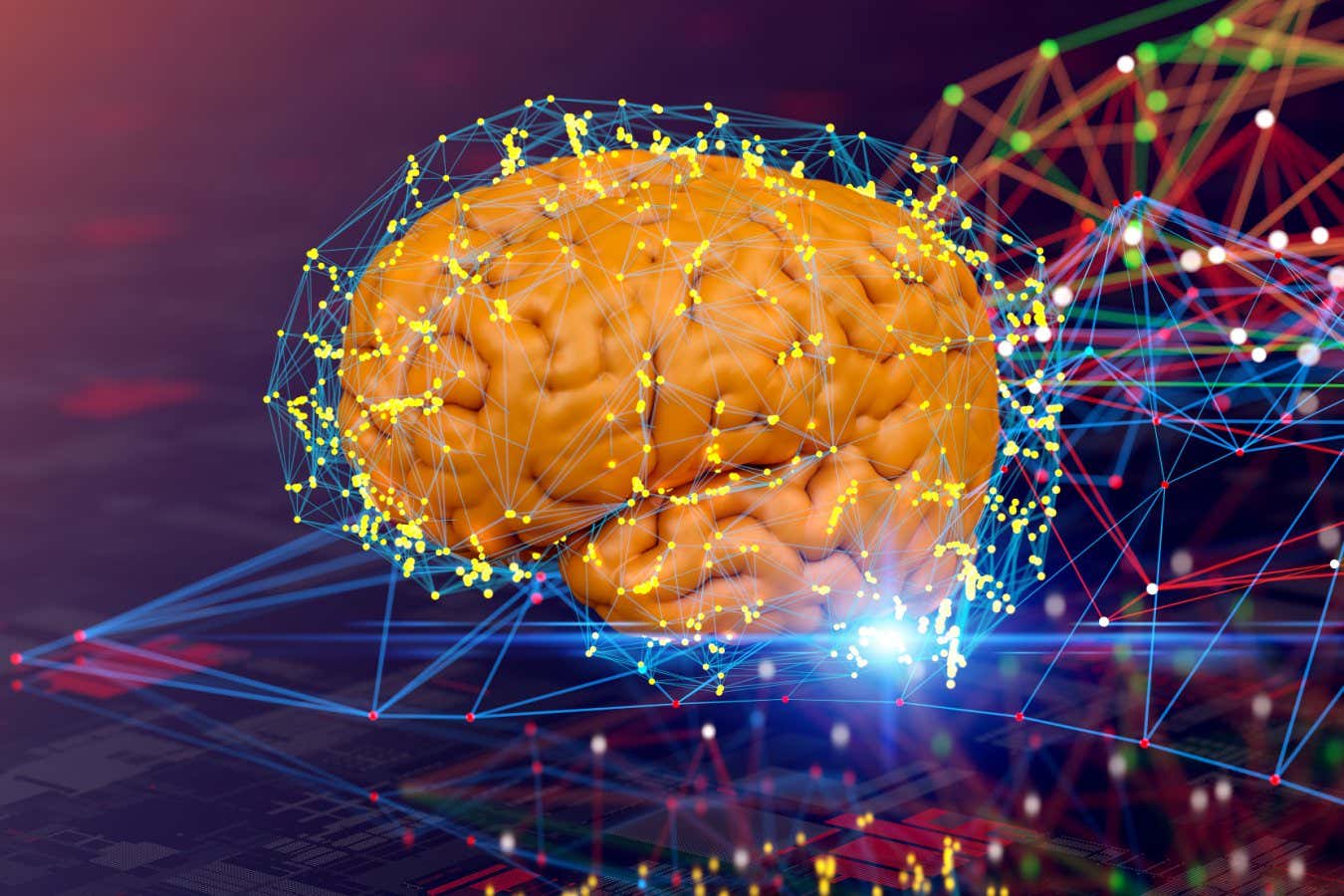Mind-reading AI can translate brainwaves into written text: Using only a sensor-filled helmet combined with artificial intelligence, a team of scientists has announced they can turn a person’s thou…::A system that records the brain’s electrical activity through the scalp can turn thoughts into words with help from a large language model – but the results are far from perfect



I’ve always wondered with stances like this, why do you assume that our “intelligence” is much different than that of llms? I mean, as much as we like to feel superior, is there anything that would really prove that our brains don’t work in a similar manner behind the curtains? What if we just get input stimuli and our mind is simply the process of figuring out the most likely answers, reactions or whatever, to that?
I haven’t seen anything to that effect, but then again my field of study is vastly different. I’d like to be enlightened certainly!
LLMs are statistical models of human writing, they only offer the appearance of intelligence in the same fashion as the Chinese Room thought experiment.
There’s nothing “intelligent” in there, just a very large set of instructions for transforming inputs into outputs.
A sufficiently advanced model of the human brain can be “intelligent” in the same way that humans are, but this would not be “artificial” since it would necessarily employ the same “natural” processes as our brains.
Until we have a model of “intelligence” itself, anyone claiming to have “AI” is just trying to sell you something.
What I wonder, though, is if it isn’t possible to describe human brain, and the nervous system as a whole, as a very large set of instructions for transforming inputs into outputs?
It could be described that way, but it wouldn’t be a very apt metaphor. We aren’t simple, stateful input-to-output algorithms, but a confluence of innate tendencies, learned experiences, acquired habits, unconscious motivations, and capable of modifying our own thought processes and behavior on the fly to suit whatever best fits the local context. Our brains encode a model of the world we live in that includes models of ourselves and the other people we interact with, all built in realtime from our observations without conscious effort.
I’m not disputing that our intelligence isn’t more sophisticated, but rather that maybe the “intelligence” in llms is not necessarily all that different from ours, just based on different and limited inputs, and trained on a vastly less wide data.
But it is, necessarily.
For example, when we make shit up, we’re aware that the shit we made up isn’t real. LLMs are structurally incapable of recognizing the distinction between facts they regurgitate and the ones they manufacture from whole cloth.
You didn’t have to consume terabytes of text to build a model for how to form sentences like a human, you did that with a few megabytes of overheard conversation before you were even conscious enough to be aware of it.
There’s no model of intelligence so over-simplified to the point of giving LLMs partial credit that wouldn’t also give equivalent credence to the “intelligence” of search engines.